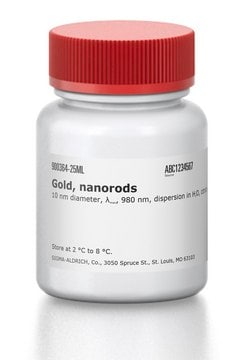911860
NanoFabTx™ microfluidic - micro
device kit for synthesis of 1-5 μm particles
Synonim(y):
Microfluidic kit, Microparticle, NanoFabTx™ device kit, Nanoformulation
About This Item
Polecane produkty
opis
Microfludic device kit for synthesizing 1-5 μm microparticles
Kit components :
Poziom jakości
Zastosowanie
advanced drug delivery
Szukasz podobnych produktów? Odwiedź Przewodnik dotyczący porównywania produktów
Powiązane kategorie
Opis ogólny
Zastosowanie
Cechy i korzyści
- Step-by-step microfluidic-based protocols developed and tested by our formulation scientists
- Optimized to make monodisperse microparticles of any size between 1 and 5 μm
- Facilitates simple optimization of drug encapsulation and loading efficiency in microparticles
Informacje prawne
produkt powiązany
Certyfikaty analizy (CoA)
Poszukaj Certyfikaty analizy (CoA), wpisując numer partii/serii produktów. Numery serii i partii można znaleźć na etykiecie produktu po słowach „seria” lub „partia”.
Masz już ten produkt?
Dokumenty związane z niedawno zakupionymi produktami zostały zamieszczone w Bibliotece dokumentów.
Produkty
NanoFabTx™ platform accelerates drug development with ready-to-use formulations and microfluidic devices for particle synthesis.
NanoFabTX kits enable precise drug delivery with lipid nanoparticles and liposomes for mRNA and nucleic acids.
Professor Robert K. Prud’homme introduces flash nanoprecipitation (FNP) for nanoparticle fabrication, which is a scalable, rapid mixing process for nanoparticle formulations.
Profesor Robert K. Prud'homme przedstawia nanoprecypitację błyskawiczną (FNP) do wytwarzania nanocząstek, która jest skalowalnym, szybkim procesem mieszania preparatów nanocząstek.
Nasz zespół naukowców ma doświadczenie we wszystkich obszarach badań, w tym w naukach przyrodniczych, materiałoznawstwie, syntezie chemicznej, chromatografii, analityce i wielu innych dziedzinach.
Skontaktuj się z zespołem ds. pomocy technicznej




